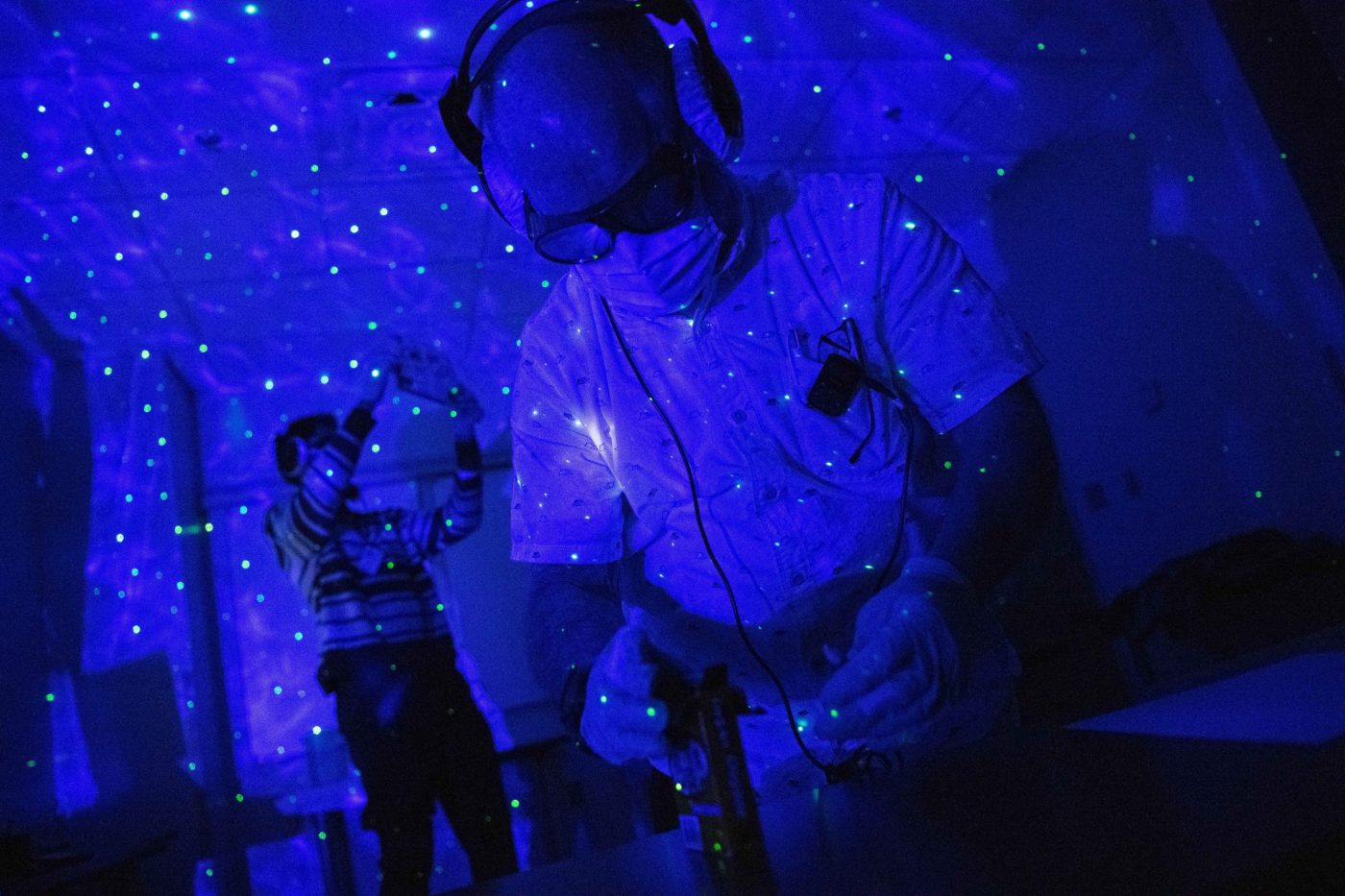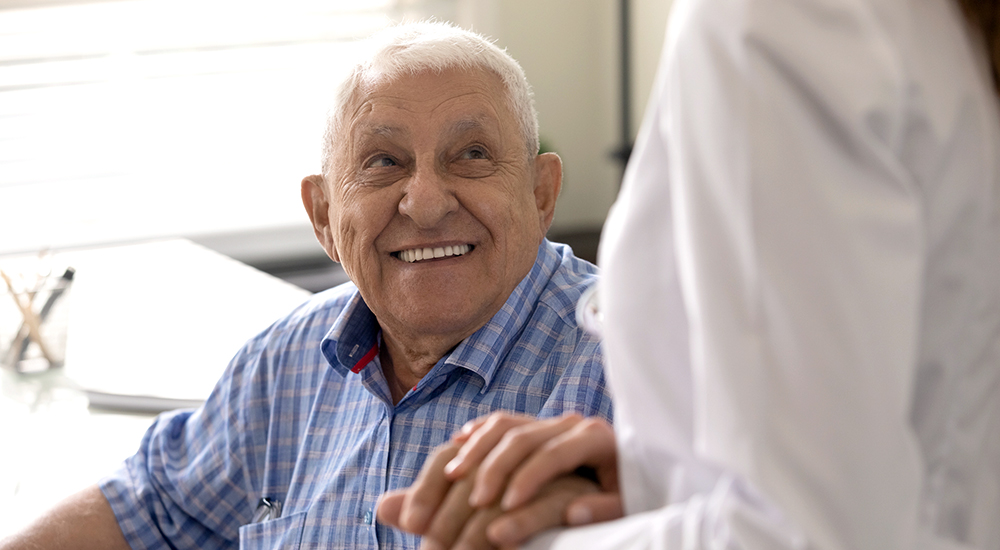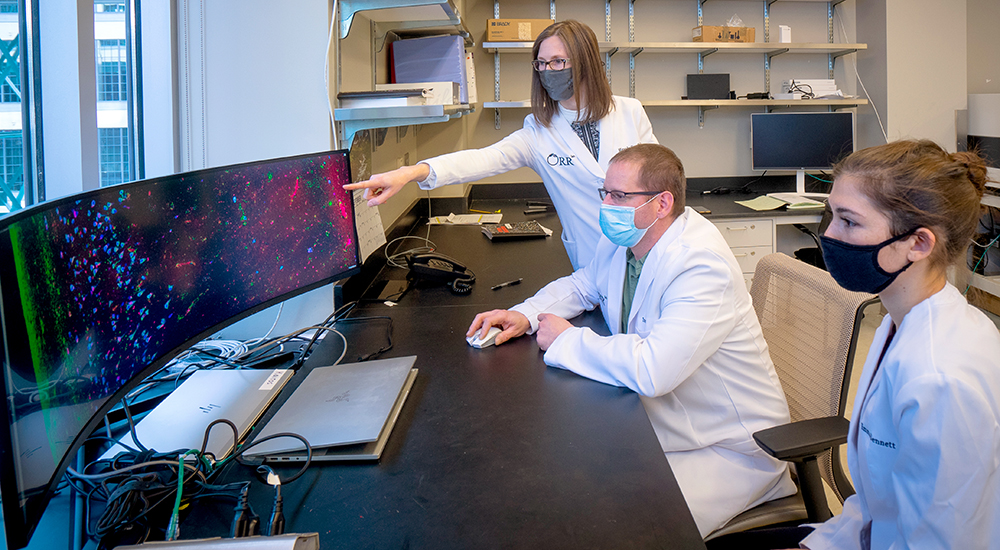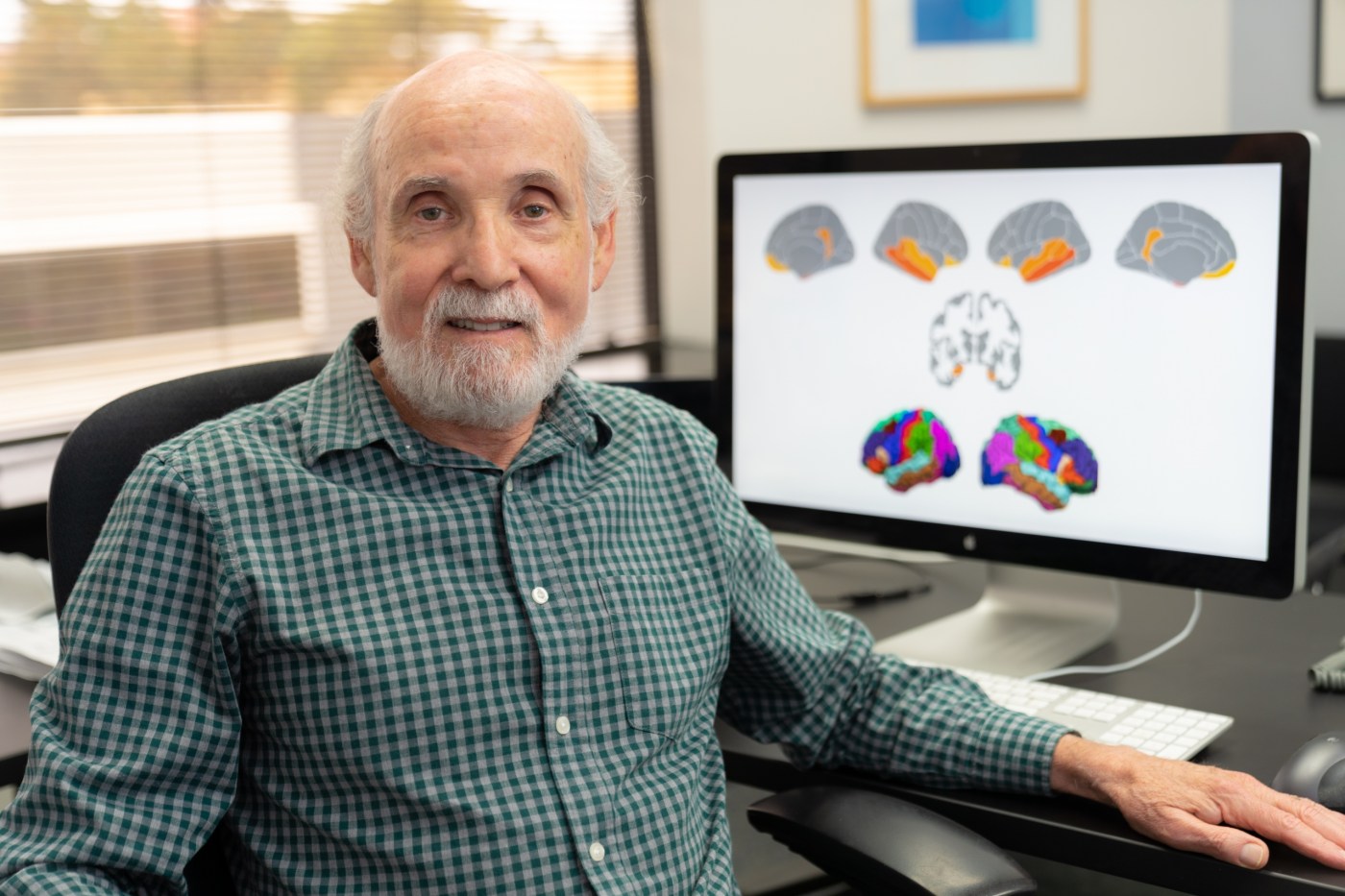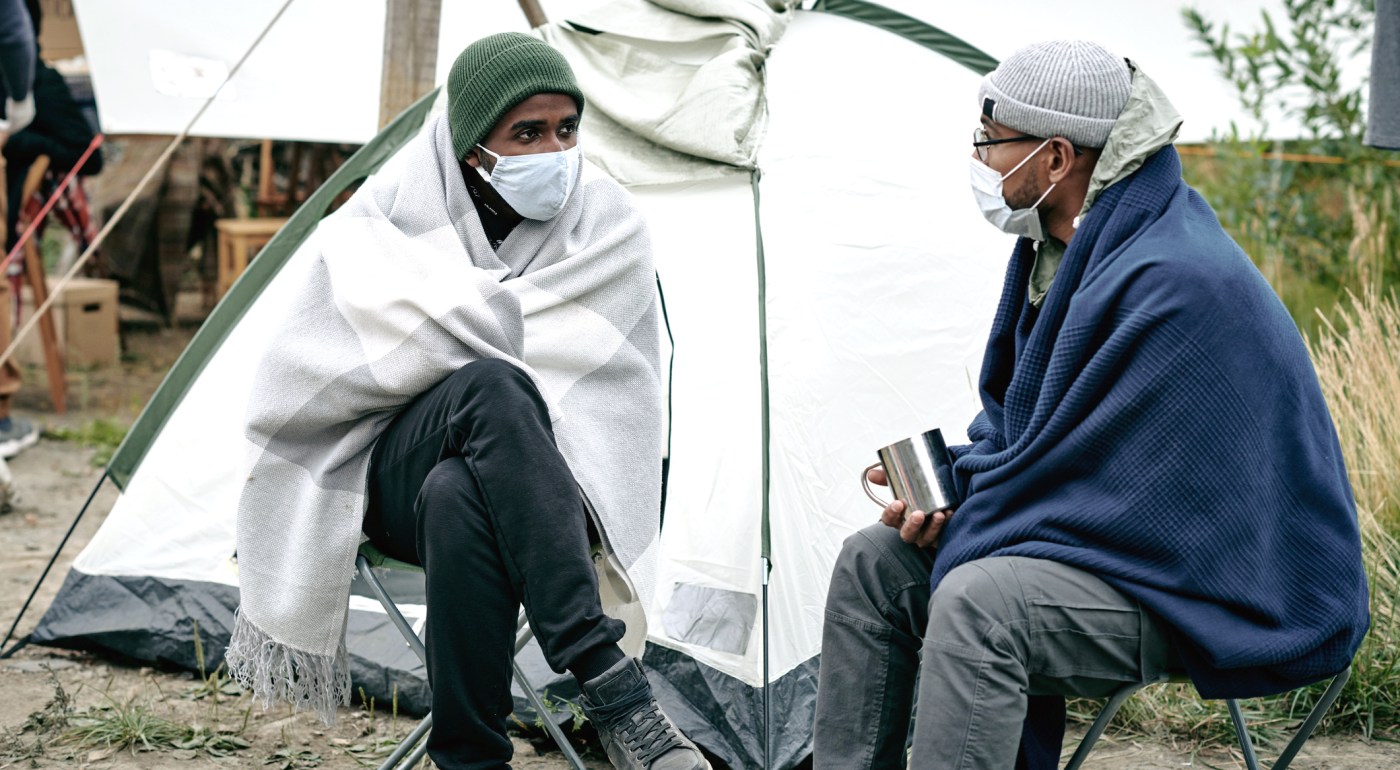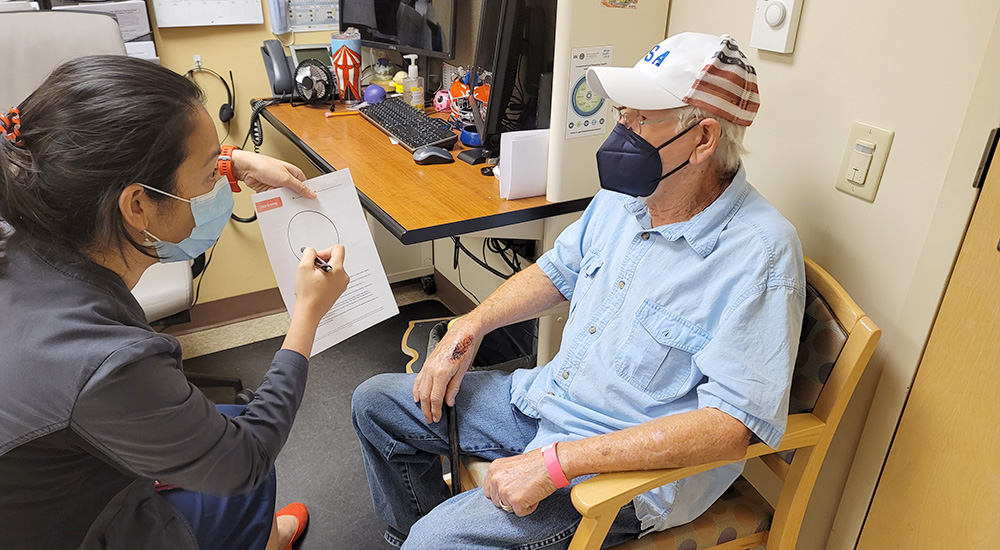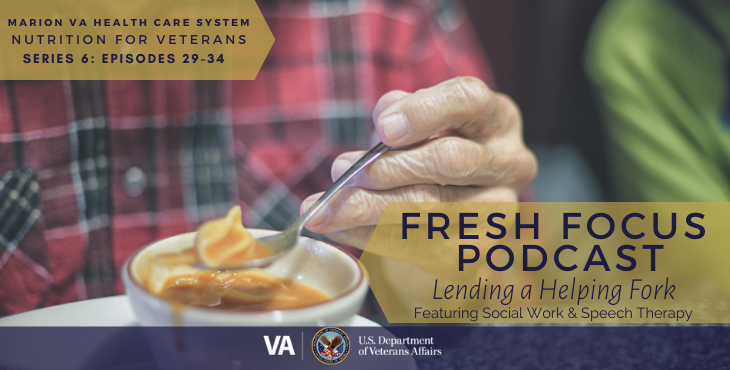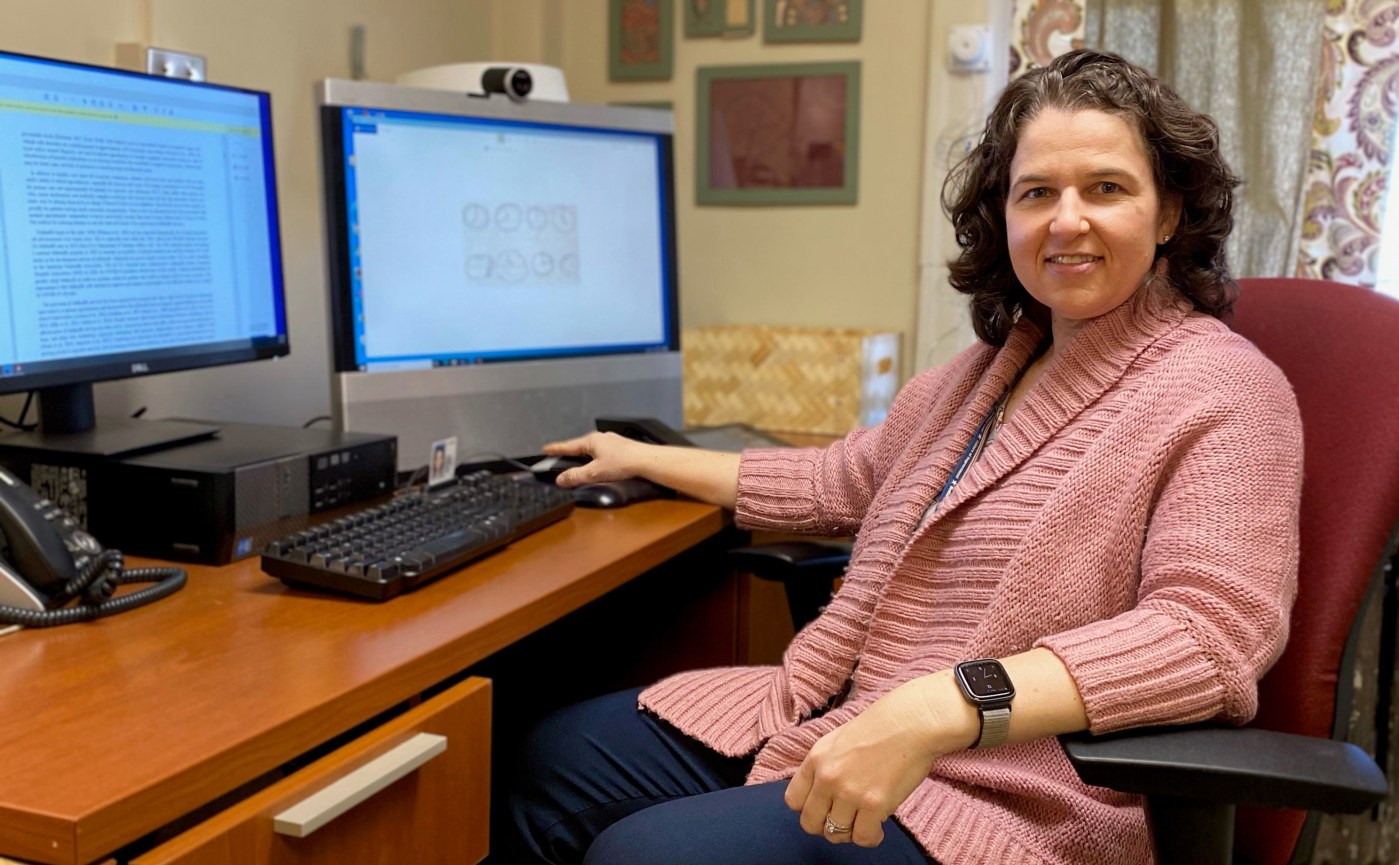Have you ever wondered what Veterans with dementia go through? The Dementia Experience, offered at the Simulation Learning, VHA National Simulation Center, provides that exact insight to VA medical providers can learn to understand dementia patients' daily struggles.
Loneliness can be a risk factor for dementia, stroke and heart disease. It also can increase risk of depression, anxiety and substance abuse.
Behavioral Recovery Outreach (BRO) team works with inpatient teams to stabilize behavioral issues such as aggression or verbal outbursts.
As a result of her grandmother's death from Alzheimer’s disease, a would-be fourth generation farmer embarked on a different career path.
*At this time only Veterans with dementia who live in […]
In a secondary analysis, Kremen and his colleagues looked at brain images while controlling for the effects of general aging. They observed that the Alzheimer’s-related brain regions remained as significant predictors, suggesting that the effect was not simply due to general aging.
BayLegal – A winner in the VA National Community Partnership Challenge, providing free legal aid to low-income people including Veterans.
North Florida/South Georgia VA has made improvements to cognitive screening for Veteran patients with symptoms of cognitive deficits.
If you have ever been distracted while eating, you know how easy it can happen to any one of us. But when we're concerned when a loved one may not be eating enough, we want to focus on how to help them reduce distracted eating.
“VA has been investing in telehealth for years, so the necessary equipment and infrastructure was there,” Kraft says. “It just seemed like it was meant to be. The need was there, the resources and support were there, and the motivation was there.”
David Sergent plays an important role in helping keep Veterans living in their own houses and communities as they age. He’s a volunteer for the Senior Companion Program of Action for Eastern Montana.
Alzheimer’s disease is the most common form of dementia. Dementia can affect memory and actions. Two-thirds of Americans with Alzheimer’s disease are women. And they are more than 60% of caregivers.

